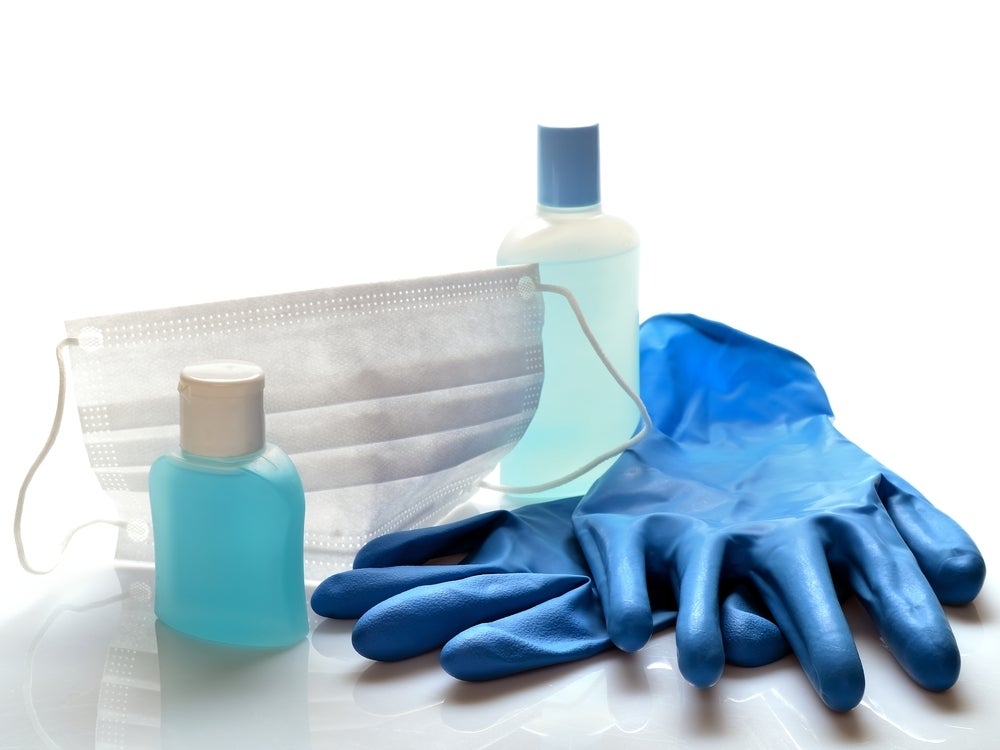
Editor's Note Recent research shows robotic-assisted cholecystectomy (RAC) results in similar bile duct injury rates as laparoscopic cholecystectomy (LC), but risks are higher for postoperative complications, longer hospital stays, and more frequent drain use. Published May 21 in JAMA Surgery, the large-scale cohort study analyzed outcomes from over 844,000 acute…

Editor's Note Air quality in cardiac ORs may be a silent driver of surgical site infections (SSIs), with airborne contamination linked to significantly elevated infection risk and mortality—especially when ventilation is suboptimal. A newly published study covered by Medical Dialogues May 19 reveals that one-third of bacteria in cardiac procedures…

Editor's Note An actionable, evidence-based toolkit from the Agency for Healthcare Research and Quality (AHRQ), released in April 2025, aims to help curb the risk of methicillin-resistant Staphylococcus aureus (MRSA) and surgical site infections (SSIs), especially in high-risk orthopedic and cardiac procedures. As detailed in the AHRQ website, the “Toolkit…

Editor's Note Legionalla contaminated a hospital ice machine and likely infected an oncology patient through aspirated ice chips, according to an April 30 report in Healio. Presented in a study at The Society for Healthcare Epidemiology of America (SHEA), the incident prompted immediate changes to water testing protocols at AdventHealth,…

Editor's Note The Trump administration has dismantled the federal committee responsible for shaping national infection prevention standards in hospitals, sparking concern among healthcare experts over future preparedness, NBC News reported May 6. According to the article, the Centers for Disease Control and Prevention (CDC) informed members of the Healthcare Infection…

Patient safety and regulatory compliance demand thoroughly vetting those tasked with preventing healthcare-associated infections. But which certification is the right fit? Those who are new to infection control have a wide range of options for verifying their newly acquired expertise. More seasoned infection preventionists (IPs) also have a number of…

Editor's Note Long COVID strikes healthcare and dental workers at far higher rates than the general population, according to an April 23 article from the Center for Infectious Disease Research and Policy (CIDRAP) at the University of Minnesota. As detailed in the article, two recent international studies reveal that 40%…

In the OR, precision and focus can mean the difference between life and death. However, surgical patient outcomes hinge on more than the competence of those working in these inherently intense environments. Every procedure also depends on the laborious, behind-the-scenes efforts of the people responsible for ensuring every surgical instrument…

Editor's Note Unnecessary traffic, workflow interruptions, and lapses in protocol in the OR increase the risk of surgical site infections (SSIs), according to an April 23 article in Infection Control Today. While sterile technique, antibiotic use, and instrument cleanliness remain front-line defenses against infection, authors Katharine J. Hoffman, MPH, CIC, and…

Editor's Note Conventional cleaning protocols fail to remove visible soil and debris from lumened surgical instruments, raising urgent concerns about patient safety and sterilization efficacy. That’s the central finding of a study published February 11 in The American Journal of Infection Control, which used borescopes to inspect the lumens of…